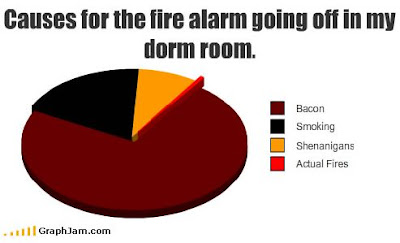Who was Ada?Ada Lovelace was one of the world's first computer programmers, and one of the first people to see computers as more than just a machine for doing sums. She wrote programs for Charles Babbage's Analytical Engine, a general-purpose computing machine, despite the fact that it was never built. She also wrote the very first description of a computer and of software.
What does “in technology” mean?It’s up to you how you interpret the phrase “in technology”. We’re not just interested in hardcore ninja programmers, but any woman who creates, invents, or uses any technology in an innovative way. Feel free to interpret it as widely as you like.
As of right now, we're only 20 away from
double the amount of bloggers the pledge strove for!


First and foremost in my heart is one of my best friends whom I have already honored in my blog,
Dr. Jen Hiller. Just look at her next to her synchrotron! I think 'hardcore ninja programmer' applies to the operation of equipment that is
10 billion times brighter than the sun (source is also where the picture is from) that will be used to scan Egyptian artifacts, wouldn't you? She and I are already Champagne Ninjas but that's a long story from San Diego...

I also want to honor
Alison Aldrich, Technology Outreach Coordinator at the National Network of Libraries of Medicine Pacific Northwest Region. Her tireless efforts in understanding technology needs & working with medical librarians in our region to implement ways to meet them are phenomenal. It is easy for many to assume that because we're in Seattle that our region (spanning from Alaska to Montana) would be similarly wired when nothing could be further from the truth. Keep a close eye on her
Technology Tuesday & other technology posts if you don't already!












.jpg)